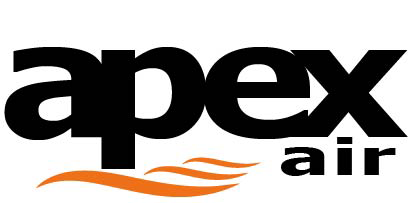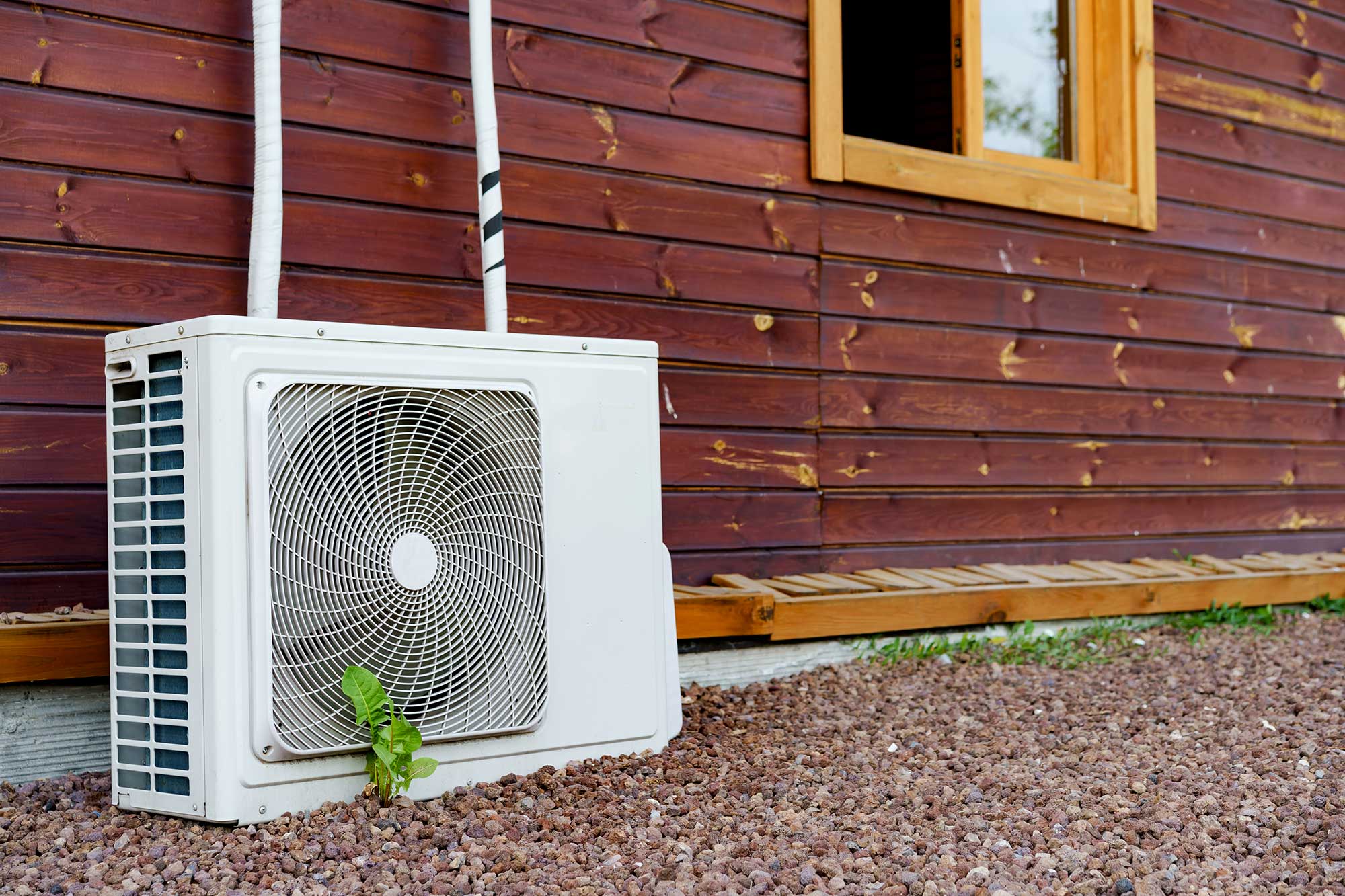A ductless heat pump is one of the most efficient and flexible options for keeping your home comfortable through the changing seasons in Oregon and Washington. At Apex Air, we know how important it is to get the most from your heating and cooling system, which is why we’ve put together this expert guide. Learn how to keep your ductless heat pump running efficiently year-round with our maintenance tips, including what you can do yourself and when to call the professionals.
Why Ductless Heat Pump Maintenance Matters
Ductless systems, also known as mini splits, don’t require ductwork and are known for their energy efficiency. But like any HVAC system, they still need regular upkeep. Ignoring maintenance can lead to:
- Reduced system performance
- Higher electricity bills
- Shorter equipment lifespan
- Poor indoor air quality
Fortunately, many basic maintenance tasks can be done yourself, and the rest should be handled by a professional once or twice a year.
DIY Ductless Heat Pump Maintenance Tips
Before you start, safety comes first. Turn off the power at the breaker, wear gloves and safety goggles, and make sure your ladder (if needed) is stable and level.
What You’ll Need:
- Vacuum with a soft brush attachment
- Microfiber cloth or sponge
- Coil cleaner or garden hose (for outdoor use)
- Gloves and eye protection
Indoor Unit:
- Clean the Filters
Remove and inspect the air filters every month. Use a soft brush or vacuum to remove dust. For deep cleaning, wash with mild detergent and let them dry completely. - Wipe Down Coils and Fan
Use a soft brush or vacuum to gently clean indoor coils and fan blades. - Exterior Cleaning
Wipe the outer surface with a damp cloth and mild cleaner.
Outdoor Unit:
- Clear Debris
Remove leaves, dirt and grass clippings from around the unit. - Rinse the Coils
Spray gently with a hose or use coil cleaner to remove built-up dirt. Avoid high-pressure water. - Check for Leaks and Insulation Damage
Look for oil spots or hissing sounds near refrigerant lines. If you see any, call a professional. - Inspect the Drainage
Clean the drain pan and condensate line to avoid clogs, water damage and mold.
When To Call the Professionals
Even with regular cleaning, professional service is essential. Apex Air recommends an annual tune-up before the heating or cooling season. Our expert HVAC technicians will:
- Inspect and clean coils, filters and blowers.
- Test system performance and electrical connections.
- Check refrigerant levels.
- Inspect thermostat operation.
- Look for any signs of wear or failure.
If you’ve noticed strange noises, uneven temperatures or higher energy bills, it’s time for a service visit.
Extend the Life of Your Ductless Heat Pump
In addition to cleaning, here are more tips to keep your system in top shape:
- Only run it when needed to maintain efficiency.
- Keep furniture and artwork away from the indoor unit.
- Avoid frequent thermostat changes.
- Use “auto” fan mode for balanced airflow.
- Check supply and return vents regularly and clean them as needed.
FAQs About Ductless Heat Pump Maintenance
Q: How often should I clean my filters?
A: Monthly, or more often during heavy use
Q: Can I use a garden hose on the outdoor unit?
A: Yes. However, you should use low pressure to avoid damaging the coils.
Q: Is professional maintenance really necessary?
A: Yes. Even if everything seems fine, a professional tune-up ensures safety and efficiency.
Q: Does maintenance help with my warranty?
A: Absolutely. Most manufacturers require regular maintenance to keep warranties valid.
Q: How long does a ductless heat pump last?
A: With proper care, 15 to 20 years is typical.
Need Help Maintaining Your Ductless Heat Pump?
If you’re looking for heat pump maintenance near you, Apex Air is here to help. Our expert HVAC technicians provide thorough, professional ductless heat pump maintenance to keep your system running smoothly all year long.
Contact Apex Air today to schedule your service and stay comfortable through every season.


